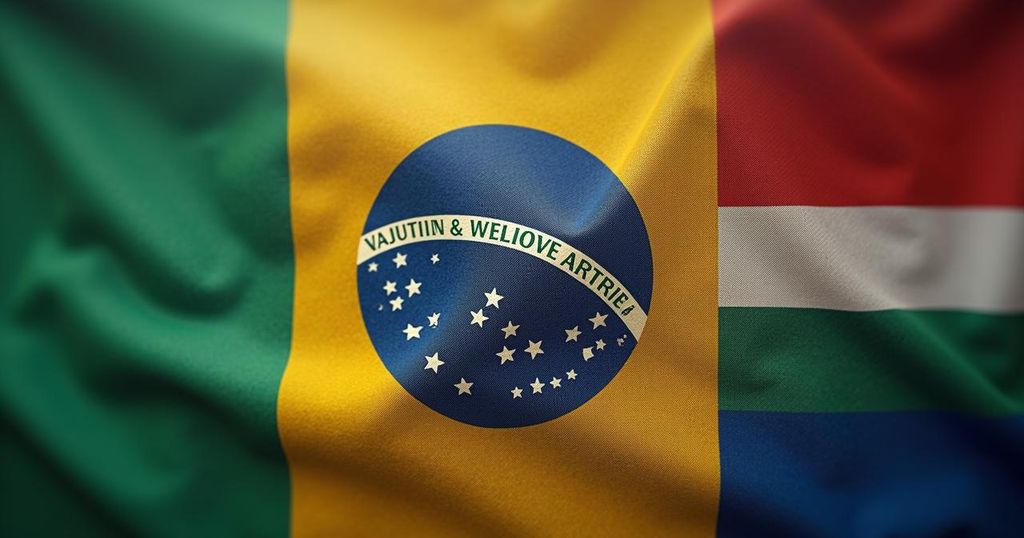Bolivia has joined South Africa’s genocide case against Israel at the International Court of Justice, accusing Israel of genocidal acts in Gaza. Bolivia’s application claims a moral duty to condemn these actions, and it follows South Africa’s initial filing in late 2023. The ICJ’s intervention comes amidst severe humanitarian crises, with numerous countries now involved in the legal challenge against Israel’s conduct.
Bolivia has officially joined South Africa’s genocide case against Israel at the International Court of Justice (ICJ) located in The Hague, as confirmed by the court yesterday. The government of Bolivia submitted an application on Tuesday to intervene in this case, which accuses Israel of engaging in “genocidal acts” within Gaza, in contravention of the 1948 Genocide Convention. In its submission, Bolivia asserted, “Israel’s genocidal war continues, and the Court’s orders remain dead letters to Israel.” The nation expressed its intent to intervene based on what it perceives as a moral obligation to condemn the act of genocide. This legal action was initiated by South Africa, which filed the case in late 2023, contending that Israel has neglected its responsibilities under international law and the Genocide Convention throughout its military actions in Gaza, ongoing since last October. The International Court of Justice had previously instructed Israel in May to cease its military operations in the southern Gaza area of Rafah, marking the third instance in which the 15-judge panel issued preliminary orders aiming to mitigate the violence and humanitarian distress within the besieged enclave, where Palestinian fatalities have exceeded 42,000. In addition to Bolivia, several other nations, including Turkiye, Nicaragua, Palestine, Spain, Mexico, Libya, and Colombia, have allied themselves with the case presented against Israel, which commenced public hearings in January. Earlier in November, Bolivia publicly severed its diplomatic relations with Israel, citing the excessive and disproportionate military actions against Gaza. In response, Israeli officials criticized Bolivia’s position, labeling it as a “surrender to terrorism.”
The context of Bolivia’s involvement in the genocide case against Israel is rooted in the ongoing conflict in Gaza, which has escalated significantly since October 2023. The conflict has led to severe humanitarian crises, prompting international responses and accusations against Israel concerning compliance with the Genocide Convention. South Africa initiated the case with claims that Israel’s military operations constitute a violation of international law, specifically the conventions against genocide. The ICJ, as a principal judicial body of the United Nations, plays a pivotal role in adjudicating such international disputes and upholding human rights standards. The case has gained traction, with several nations expressing solidarity with the arguments against Israel’s actions, thereby framing the discussion within a broader narrative of humanitarian accountability and international law.
Bolivia’s recent accession to the genocide case against Israel at the International Court of Justice underscores an escalating global response to the humanitarian crisis in Gaza. With numerous countries joining the cause, the legal implications and international discourse surrounding Israel’s military actions continue to grow more complex. The measures taken by the ICJ, including prior orders to halt offensive operations, reflect an urgent plea from the international community for accountability and adherence to humanitarian norms. This situation remains a pivotal issue in global discussions on human rights and international justice.
Original Source: www.middleeastmonitor.com







